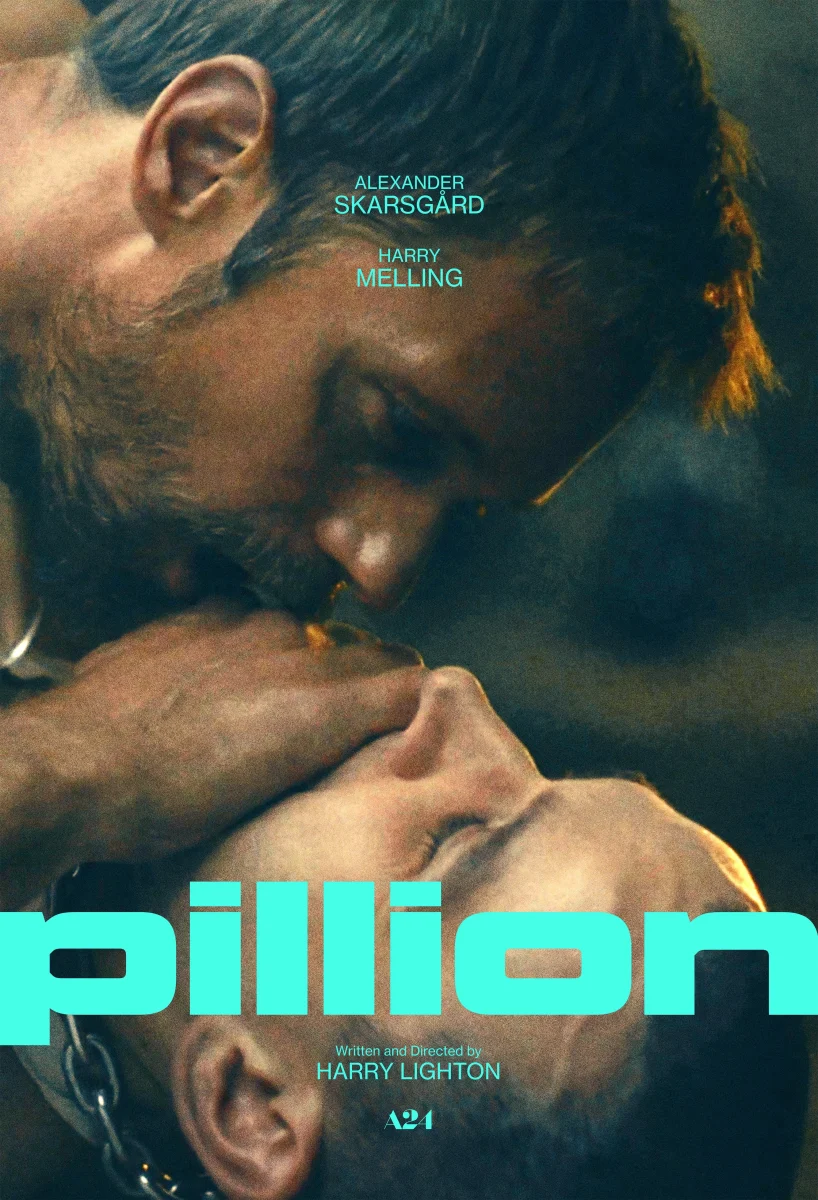For those of us who've gotten tired of the only good movies being Pixar cartoons, Christopher Nolan's Inception is welcome relief, a chance to feel mature again. It'll have you feeling like you've done some thinking since school let out, even if you've only made it through the first ten pages of your summer reading.
Inception begins with a confusing sequence of events, preparing the audience for the brainteaser plot that follows. After the first ten minutes, we're well aware that this is not a movie you can sit idly through; just one trip to the bathroom or to buy more Junior Mints and you will have absolutely no clue what is going on. Yet those willing to put in a little extra work to decode the film's plot will not be disappointed.
The concept here is that Cobb—played by Leonardo DiCaprio—and his partners can take over people's dreams, a process they call “extraction.” “Inception” is what happens when they plant an idea in someone's mind during an extraction. Absurd? Maybe, but the sheer confidence with which the actors play their roles helps the audience to go along with the ideas. As the movie progresses, the Freudian import of dreams becomes paramount, leaving you wishing you had actually done those readings in Sosc.
Ariadne, played by Ellen Page (better known as the pregnant girl in Juno), works wonders at guiding the audience through the more complicated aspects of the film. She's constantly stopping Cobb to ask simple questions like, “What are you doing?” Far from being a nuisance, Adriadne just gives voice to the kinds of questions the audience itself would be asking.
The story line relies on a classic action movie ploy: Cobb must complete one last job before he can return home. It also elegantly borrows Freud's “iceberg principle,” introducing that upper layer and then diving deeper to show all there is beneath it—for instance, Cobb's dreamy love life with his widow Mal (this last bit will make far more sense once you see the movie). Mal is played by Marion Cotillard, who gives an excellent performance, dwarfing DiCaprio and his unemotive portrayal of Cobb. Though what DiCaprio lacks in acting skills, he makes up for in looks.
The cast is made of superstars like Cotillard, DiCaprio, and Page, plus the familiar face of Joseph Gordon-Levitt (Cameron from 10 Things I Hate About You) and relative unknown Tom Hardy. Gordon-Levitt can be hard to take seriously for anyone who grew up in the nineties, and his character's sly demeanor is marred by the teen-angst reputation he picked up in his previous flicks. Hardy, however, plays the most entertaining character by far, a dashing Brit called Eames with a penchant for playing tricks on Gordon-Levitt. Eames's performance is often funny, but because of his British accent, we Americans know to take him seriously, too.
The scenery of the film is done well, and the audience is transported seamlessly between dream-lands in Africa, Asia, and somewhere in the Arctic. The special effects add to the movie's believability, with a convincing city built of sand and a gravity defying Rue de Paris. For all its fantasy and computer-generated imagery, Inception never loses the feeling of authenticity. Like Cobb says in the film, “When you are in a dream everything feels real. It's only when you wake up that you realize something was strange.”
But the film spends so much time and effort making its world believable and comprehensible to the audience that it leaves much of the character and relationship development untouched. Only Cotillard really gets her chance to shine, though she does indeed shine. The pace of the Inception is quick, and the thrilling emotional pitch is sustained throughout. It all comes to an end with an “Aha!” moment that gives us a tingly feeling, but doesn't nearly answer everything—some themes and questions aren't wrapped up, and we walk away with something to mull over for a long while afterwards.








